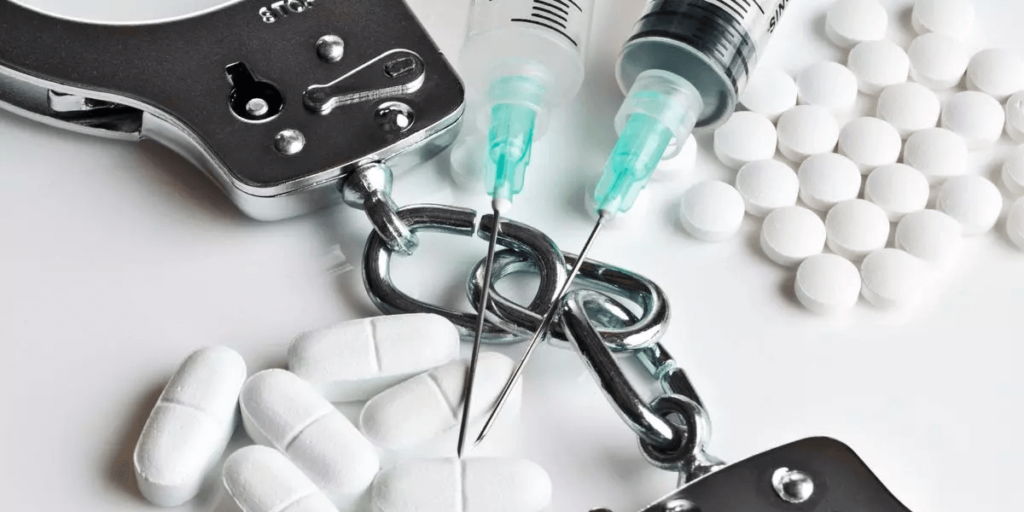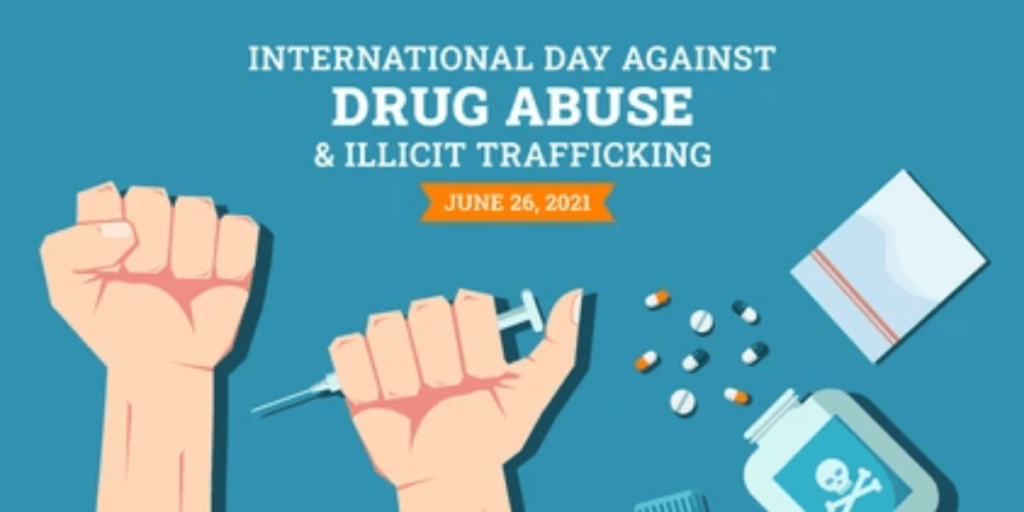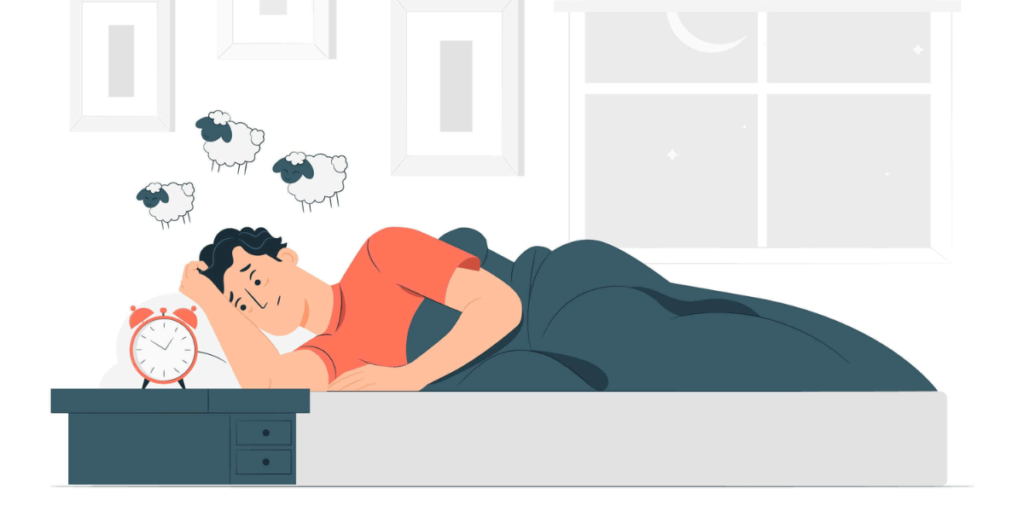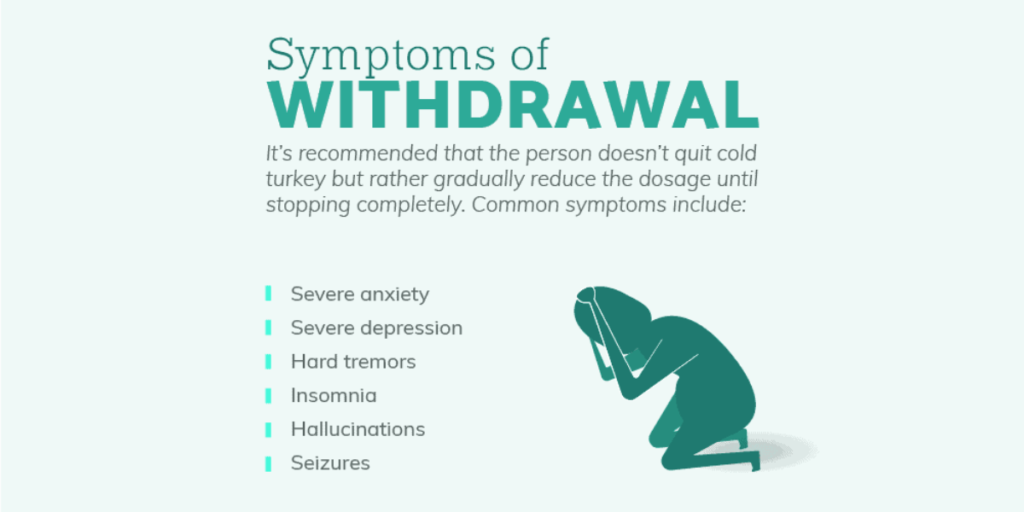In the rapidly evolving world, our days are filled with deadlines and endless demands. Many of us turn to grab a cup of coffee or probably an energy drink to get ourselves recharged and focused. From our morning brews to late-night work buddy caffeine has always acted as that one supporting friend. But is Caffeine a good friend when it comes to our mental health?
A 2013 study shows that approximately 85% of the US population alone consumes at least one caffeinated drink per day making it the most widely used psychoactive substance worldwide. According to the statistics, in 2021-2022 nearly 176 million 60 kg bags of coffee were consumed worldwide. Out of the total population, a 15 mg intake of caffeine between 2-11 years in children and about 35mg intake of caffeine among adults per event were found.
While stimulants like caffeine are celebrated for their ability to enhance alertness and focus, their impact on mental health extends far beyond mere wakefulness. We will look into the functions of different types of stimulants and their effect on our mental health.
Table of Contents
A Closer Look on Stimulants

We first need to understand what are stimulants. Stimulants are a class of drugs that increase the activity of the brain. Stimulants are used for various purposes, such as enhancing focus, attention, better sleep, motivation, mood, and physical and cognitive functions. The most commonly used stimulants are Caffeine, Nicotine, Amphetamines, Cocaine, and Modafinil.
Stimulants are more like any other drugs that enhance bodily functions but more specifically stimulate the brain and central nervous system. Stimulants such as caffeine, nicotine, amphetamines, and Ritalin enhance certain neurotransmitters.
Stimulants inhibit the reuptake of brain chemicals such as dopamine and norepinephrine. Once released into synaptic space, these brain chemicals bind to specific receptors on the surface of target neurons. When these receptors get active, stimulants can trigger various physiological and psychological responses. In addition to dopamine and norepinephrine, stimulants can also influence the activity of other neurotransmitters such as serotonin and acetylcholine(Ach).
It’s important to note that the exact mechanism of action can vary depending on the types of stimulants and their chemical properties.
Different Types of Stimulants and How They Work
Stimulants come in various forms, each with its actions, mechanisms, and effects on the body. While Stimulants like caffeine can be taken without prescription and as a natural drink, others like Adderall, amphetamine, and Ritalin are prescribed by healthcare providers to treat different types of cognitive and behavioral conditions.
Here is a list of stimulants and their effects on our mental health.
Caffeine

Caffeine is the most widely consumed stimulant. Many common foods such as Chocolate, Coffee, Tea, Energy drinks, Colas, snacks, candies, and gums etc contain caffeine. Caffeine is known for its instant wakefulness, activeness, and increased focus properties.
Once consumed, caffeine is absorbed into the bloodstream and readily crosses the blood-brain barrier. Caffeine acts as an antagonist to adenosine receptors. Adenosine acts as a homeostatic regulator of sleep and is a link between neural mechanisms of sleep-wake regulation leading to increased alertness and wakefulness.
Excessive consumption of Caffeine can cause an increase in diuretic effect, which can increase urine production ultimately dehydrating the body. Regular consumption in moderate amounts can develop high tolerance leading to requiring higher doses to achieve the same effect. Abruptly stopping caffeine can cause withdrawal symptoms such as headache, fatigue, irritability, and difficulty concentrating.
Nicotine

Nicotine is a highly addictive stimulant that is found in Tobacco, cigarettes, cigars, and electronic cigarettes also known as vapes. When nicotine is consumed, whether through smoking, vaping, or any other methods, it rapidly enters the bloodstream and reaches the brain. Nicotine directly acts on the nervous system specifically on nicotinic acetylcholine receptors in the brain which enhances mood regulation, cognitive functions, and reward processing reactions.
Nicotine can also enhance cognitive functions of the brain temporarily, including improvement in attention, memory, and concentration. This is one of the reasons why individuals find it a one-stop solution for stress relief and helping them focus.
Chronic nicotine use can lead to a need for higher doses to achieve the same effect forcing it to become a habit among avid smokers. In the long run, nicotine is associated with many heart and lung-related diseases and certain types of cancer. While it can bring instant pleasure and temporary improvement in cognitive functions, its addictive nature and potential health risks are to be highly observed when planning to consume.
Amphetamine

Amphetamines are a highly addictive stimulant that stimulates the central nervous system, affecting both the body and the mind. They work primarily by increasing the activity of certain neurotransmitters such as dopamine, norepinephrine, and serotonin. In the peripheral effects, Amphetamines increase heart rate, blood pressure, and respiration.
Amphetamine can also have physical symptoms such as dilated pupils, dry mouth, sweating, and increased body temperature. Amphetamines are usually prescribed to ease symptoms of Attention Deficit Hyperactive Disorder (ADHD).
With continued use, users can develop high tolerance leading to demanding increased doses to get the same result. Prolonged use can leave an individual to stay permanently dependent on the drug making them difficult to function without it.
Cocaine

Cocaine is known to be one of the most powerful stimulants. Cocaine primarily works in increasing the level of dopamine in the brain. Dopamine is the brain chemical responsible for making you feel pleasure, satisfaction, and motivation. Consuming cocaine ultimately results in intensified pleasure and euphoria making it even more addictive.
The effects are mostly only short lived lasting for a few minutes to an hour. Long-term use can make individuals stay dependent, where individuals experience withdrawal symptoms after stopping using. After the euphoria wears off, users often experience extreme fatigue and severe depression.
Cocaine is never prescribed to be consumed as it is only used for intranasal surgery procedures.
Modafinil

Modafinil is another type of stimulant that is only available with a doctor’s prescription to help patients with Narcolepsy, Obstructive Sleep Apnea, and Severe Sleep Disorders. By increasing dopamine levels in the body, Modafinil may promote alertness and reduce the feeling of fatigue.
Modafinil is also used experimentally to treat ADHD, mood disorders, schizophrenia, and substance dependency. A continuous use of these stimulants can result in kidney disease, liver disease, or severe allergic reactions. It is only recommended to consume only under a doctor’s prescription.
The Negative Impact of Stimulants on Mental Health

Stimulants can have both positive and negative impacts on our overall well-being. Depending on various factors such as Doses, history of mental health, and physical health the impact can vary on one’s mental health.
Addiction and Dependency
All stimulants have little to a huge potential for abuse and addiction, especially when used higher than the prescribed quantity. Dependence on these can lead to withdrawal symptoms and compulsive drug-seeking behavior which can significantly impact mental health.
Insomnia and Sleep Disturbance
Stimulants are known to keep the body more active and energetic. Excessive production of hormones such as dopamine, serotonin, and norepinephrine can interfere with the regular sleep cycle leading to insomnia disorder. Poor sleep then exacerbates existing mental health conditions
Cognitive Impairment
While stimulants are often prescribed to improve cognitive function and attention. Chronic use or misuse can leave individuals with cognitive impairments such as memory deficit, executive functions, and Decision-making skills.
Psychosis and Hallucinations
High-dose intake of stimulants can trigger psychotic symptoms such as hallucination, delusion, and paranoia. Individuals with a history of psychotic disorder can be at greater risk of experiencing these effects.
Conclusion
In the world of stimulants and mental health, understanding their complexity is paramount. Caffeine might seem like a regular healthy energy drink but the long-term consumption is far beyond our imagination. For a healthier lifestyle, it is always advised to choose the right ways to keep your body energized.
The list of the best nutrient-rich foods for maximum energy might be just the right thing for your search for stimulants. Again, it is easier said than done to quit bad habits such as drinking and smoking but by consistently committing to the right way you can look forward to a healthy life cultivated with mental health.
